1. Speech: Ideas, thoughts, feelings expressed through language 2. Emotion: Complex phenomenon involving reactions in 3 different components: Feeling experienced by subject (joy, sadness, anger) Behavioral (expressive component) Autonomic and endocrine component 3. Affect: Objective outward expression of the immediate cross-section emotion at a given time 4. Mood: Sustained pervasive…
Author: Epomedicine

Micronutrient Deficiency: What to Know and Why you Should Consider a Test
Everyone wants to lead a healthy lifestyle, but for many people, it’s not something that is so straight forward. We all know that it’s important to follow a healthy balanced diet, without too much sugar, as well as taking regular exercise. However due to a huge number of reasons, not…
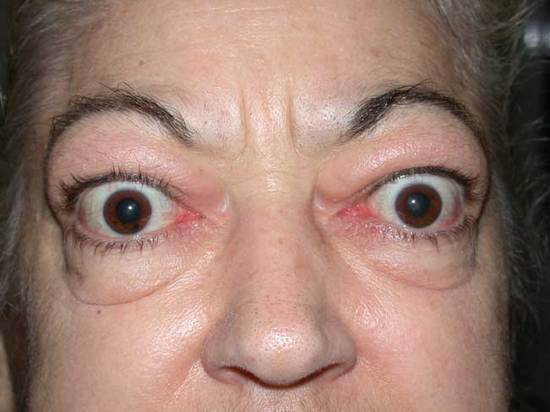
Proptosis : Mnemonic based Approach
Proptosis refers to the forward displacement of the eyeball beyond the orbital margin with the patient looking straight ahead. The term “Exopthalmos” is reserved for bilateral proptosis or proptosis due to thyroid eye disease. Proptosis can be evaluated using a mnemonic 15 “P”s. A) Pseudoproptosis ruled out: 1. Enlarged globe:…
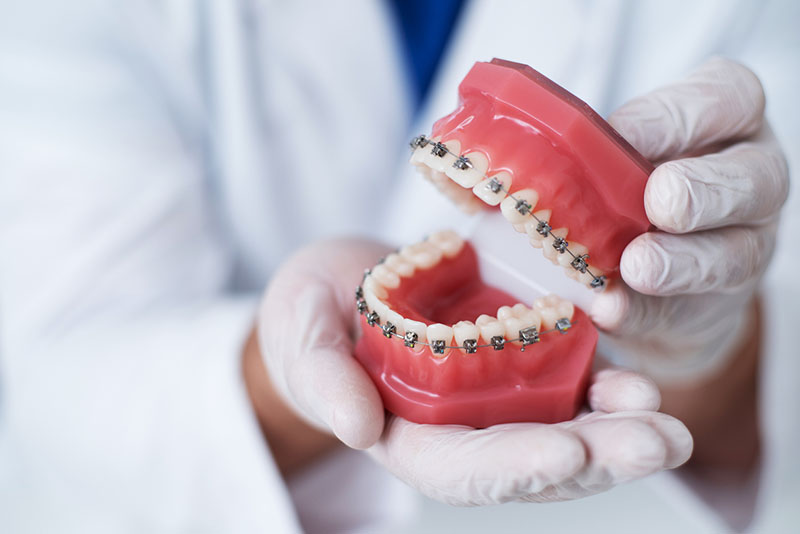
How to find a good orthodontist in Zurich as an Expat
Being an expat will have many pros and cons along the journey. Travelling the world, learning new languages and sampling local culture, cuisine and hospitality sounds like a dream to many, and a lot of people are fortunate enough to actually make such a huge life changing decision. However, there…
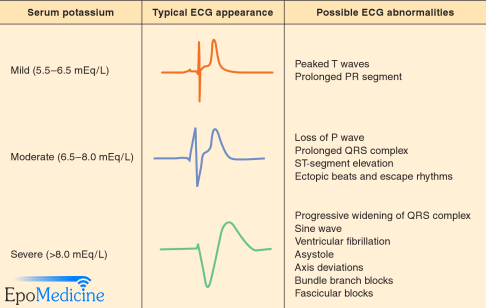
Hyperkalemia Management – Mnemonic Approach
Mnemonic: C BIG K D Calcium gluconate (Cardiac stabilizer) It is generally accepted that calcium should be given when there are ECG changes associated with hyperkalaemia. Calcium gluconate 10% 10-30 ml IV (1-3 gm) over 5-10 minutes (Can be repeated after 5 minutes if ECG changes persistent) 0.5 ml/kg in…
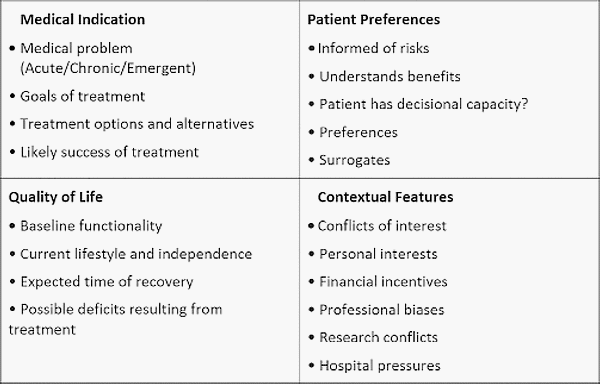
4 Box Model for Clinical Decision Making
Remember the 4 Cs: Clinical indication (Principle of Benevolence and Non-maleficence) Choice of patient (Principle of respect for Autonomy) Contextual features (Principle of Loyalty and Fairness) Condition (quality) of life (Principle of Benevolence, Non-maleficence and respect for Autonomy) A 5th box can be added: Catholic perspective Example: Clinical indications 18…
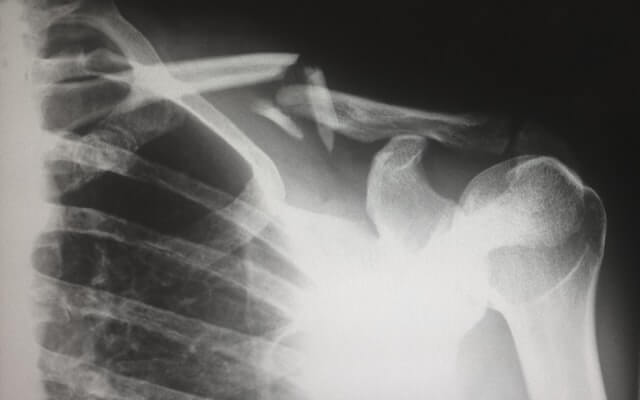
Complications of Fractures
This is a tabulated compilation for complications of fractures in general which can be immediate, early or delayed and local or generalized/systemic. This topic is commonly tested in exams. Local Systemic Immediate 1. Soft tissue injuries (Skin, Nerve, Vessels, Muscle-tendon) 2. Physeal injury 3. Hemarthrosis 4. Local visceral injury 1….
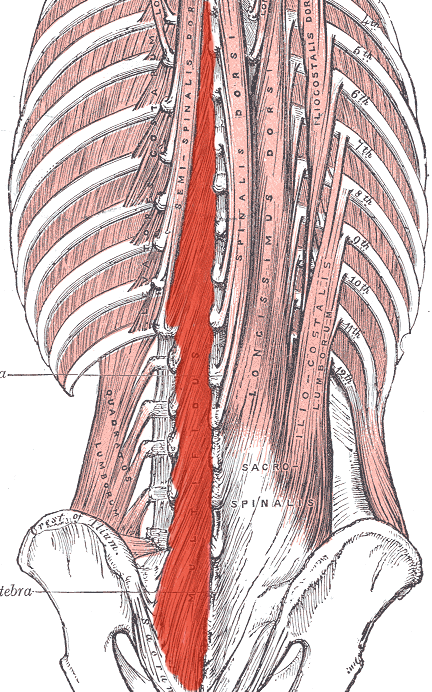
Muscles of Back – Simplified
A. Superficial Group (Appendicular group) Arise from vertebral column and attach to shoulder (assist in movement of limbs) a. Most superficial: Trapezius (From external occipital protuberance, ligamentum nuchae and spinous process C7-T12) Latissimus dorsi (From spinous process T7-T12, thoracolumbar fascia and iliac crest) b. Covered by trapezius: Levator scapulae (From…
